Retro Replay Review
Gameplay
Dark Horizon delivers a richly layered flight simulation experience that blends high-stakes dogfights with deep strategic elements. Players assume the role of Corwin, a third-degree Guardian warrior, and jump into the cockpit of customizable starfighter crafts. From the outset, the six-part campaign with 22 total levels keeps you on your toes, whether you’re weaving through dense asteroid fields or coordinating a full squadron assault on a Mirk anomaly.
(HEY YOU!! We hope you enjoy! We try not to run ads. So basically, this is a very expensive hobby running this site. Please consider joining us for updates, forums, and more. Network w/ us to make some cash or friends while retro gaming, and you can win some free retro games for posting. Okay, carry on 👍)
One of the standout mechanics is the dual combat mode system: Shadow and Corter. In Shadow mode, your craft’s temperature drops, rendering you nearly invisible to enemies and allowing shields to recharge—but your thrust and fire rate take a hit. Switch to Corter to unleash a torrent of fire and faster maneuvers, at the cost of reduced shield regeneration. Balancing these modes in real time adds a gratifying cat-and-mouse layer to each engagement, forcing you to decide between stealthy retreats or all-out assaults.
The ship customization suite is nothing short of comprehensive. In the hangar, you choose hulls, reactors, armor plating, and weapon loadouts, mindful of strict mass and energy limits. Opt for rapid-fire guns with unlimited ammo or heavy missiles that pack a punch but are strictly rationed. Beyond that, harvested resources—technoalloys, conductors, regenerators, nanomodules, electronics—can be spent in the repair shop to craft unique parts with bespoke stats. This depth means your craft evolves with your playstyle, from a nimble interceptor to a fortified bomber or a hybrid assault fighter.
Squad command further enriches the gameplay. Corwin never fights alone—issuing orders like “attack,” “cover,” “spread out,” or “missile volley” to AI wingmen not only feels empowering but is often essential to mission success. Objectives dynamically shift mid-flight, keeping each sortie unpredictable. HUD elements are cleanly presented: target priorities, radar overlays, shield integrity, and weapon status all update in real time, letting you focus on the visceral thrill of space combat.
Graphics
Graphically, Dark Horizon shines as a showcase of sci-fi visuals. The Enosta universe is rendered in meticulous detail, from swirling black anomalies of The Mirk that writhe like cosmic shadows, to vibrant nebulae and distant star clusters ablaze with color. Each environment has its own mood—frozen asteroid belts, debris-strewn battlefields around shattered moons, and the gleaming corridors of Vattar Ama’Dan fortress.
Ship models are equally impressive. Every hull design is crisply detailed, with reflective surfaces that catch the glow of nearby explosions. Particle effects—laser beams, missile trails, shield flares—are gorgeously choreographed, lending each dogfight a cinematic grandeur. Camera shake and motion blur heighten the intensity, while the option to switch between third-person and cockpit views ensures you can appreciate these effects up close or from a tactical vantage point.
The user interface strikes a balance between functionality and immersion. HUD elements are semi-transparent and neatly organized along the screen’s edges, avoiding visual clutter while providing critical data at a glance. Cutscenes are fully rendered in-engine, ensuring visual consistency between storytelling and gameplay segments. Subtle ambient animations—billowing energy fields, faint holographic flickers—add a lived-in feel to every hub and hangar.
Story
Dark Horizon’s narrative weaves a compelling tapestry of interstellar politics and existential threat. Set in a future where The Mirk devours entire star systems, the three core races—Sia’Nuss, Guardians, and Bioses—join forces on The Light Core project. Humanity stands in opposition, while the insidious De’Khete seek to convert all life into Mirk-infused horrors. It’s a classic clash of ideologies, elevated by careful worldbuilding.
The framing device is particularly engaging: you know from the outset that The Light Core ultimately succeeds, but the journey back in time to pivotal battlefronts lends a sense of urgency and dramatic irony. Corwin’s personal arc unfolds through a mix of cutscenes and in-cockpit radio chatter, revealing loyalties and betrayals among squadrons. Emotional high points—sacrifices on the front lines, tense negotiations in orbit—are interspersed with quieter moments of reflection in the main cabin’s lore database.
Dialogue with fellow Guardians deepens the stakes. Your wingmen aren’t faceless drones; they have distinct personalities and occasional disagreements about tactics or ethics. These interactions punctuate the action with a human touch, making victories feel earned and losses truly resonant. As alliances shift and The Mirk’s influence spreads, the story keeps you invested in both the macrocosm of galactic politics and the microcosm of squad dynamics.
Overall Experience
Dark Horizon is a must-play for fans of immersive space combat simulators who crave both adrenaline and strategy. Its robust customization and combat-mode mechanics provide near-infinite replay value, while the sprawling campaign offers a satisfying narrative arc. The combination of cockpit immersion and squad-based tactics caters to players seeking both depth and spectacle.
While the learning curve can be steep—mastering temperature management, fine-tuning ship builds, and juggling squad orders—dedicated players will find this complexity rewarding. The dynamic mission design ensures no two sorties feel identical, and the evolving story compels you to press onward. Occasional spikes in difficulty may frustrate newcomers, but they also reinforce the game’s core theme: survival against an overwhelming darkness.
In sum, Dark Horizon excels at marrying technical detail with emotional storytelling. From the crackle of your first Shadow-mode cloak to the climactic battles that decide Enosta’s fate, every moment feels epic. Whether you’re a veteran pilot simulator enthusiast or a newcomer drawn in by its narrative promise, Dark Horizon offers a star-spanning adventure you won’t soon forget.
 Retro Replay Retro Replay gaming reviews, news, emulation, geek stuff and more!
Retro Replay Retro Replay gaming reviews, news, emulation, geek stuff and more!
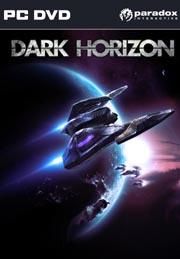
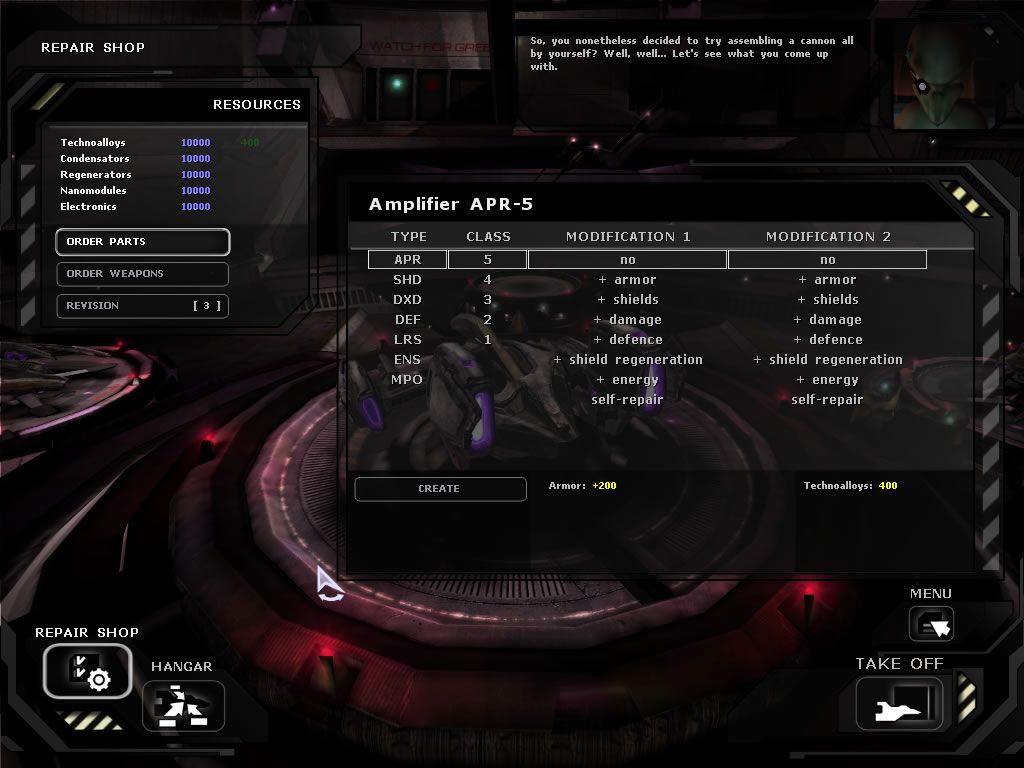
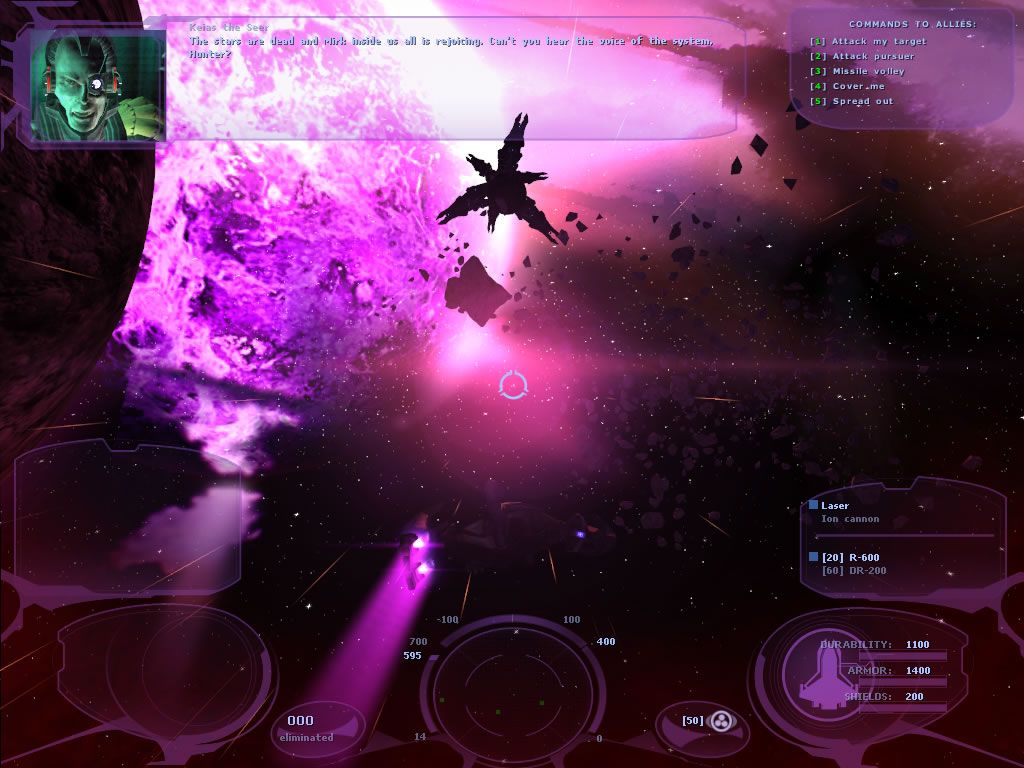
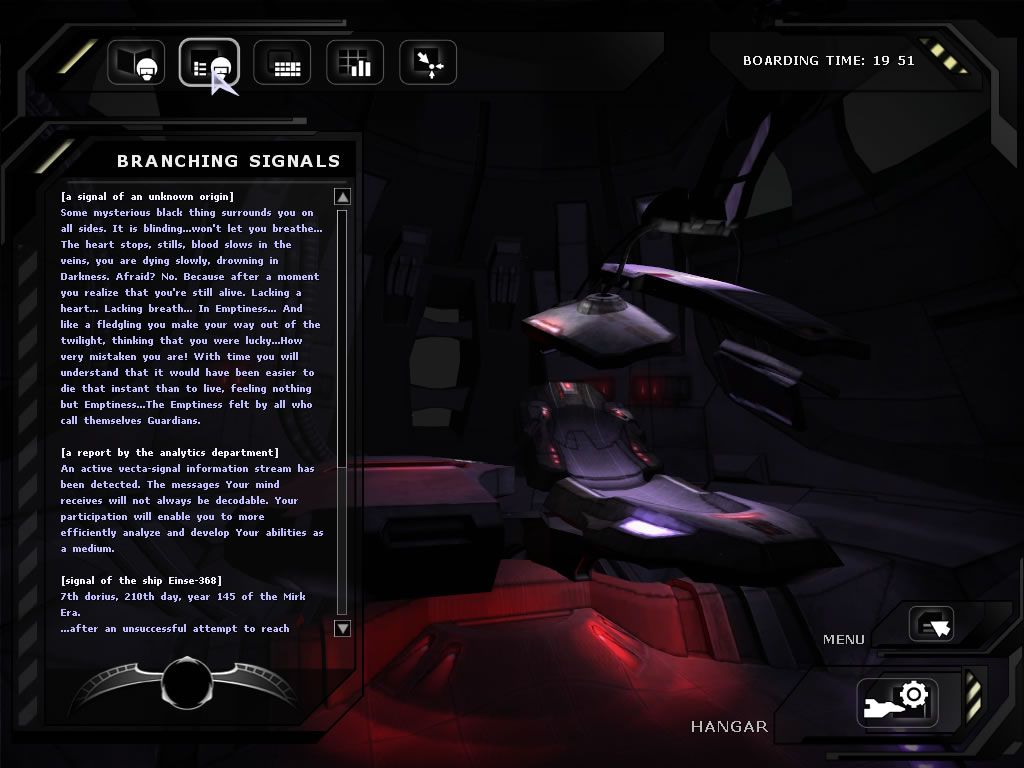
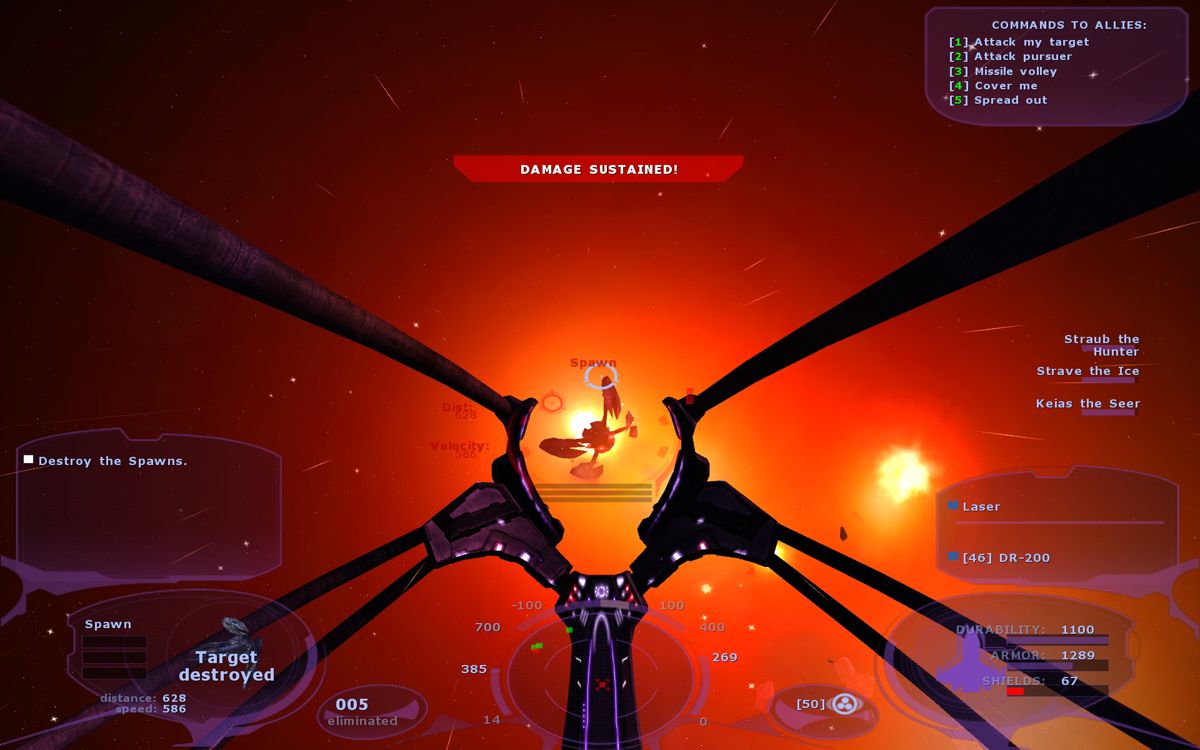
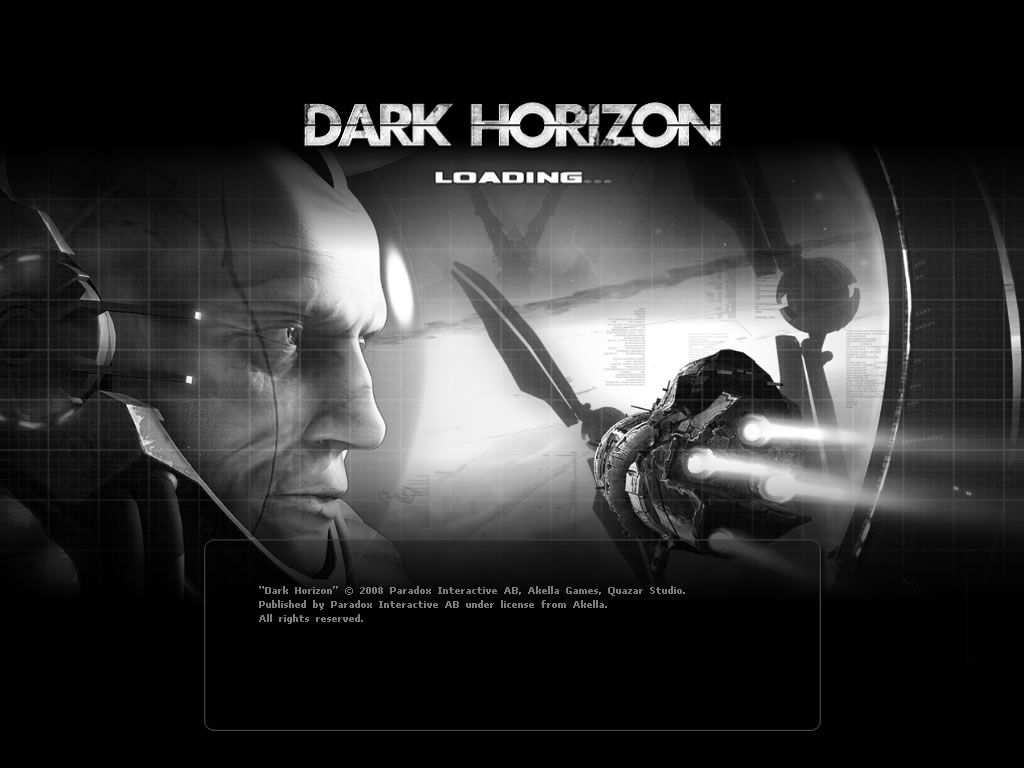
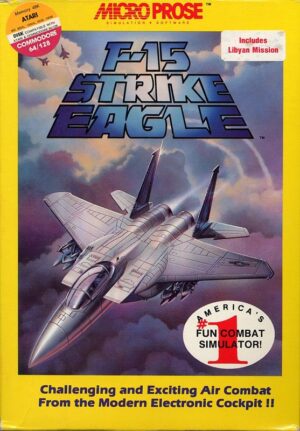
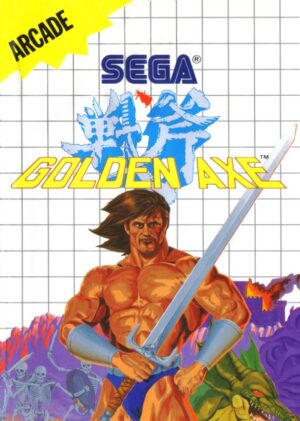

Reviews
There are no reviews yet.